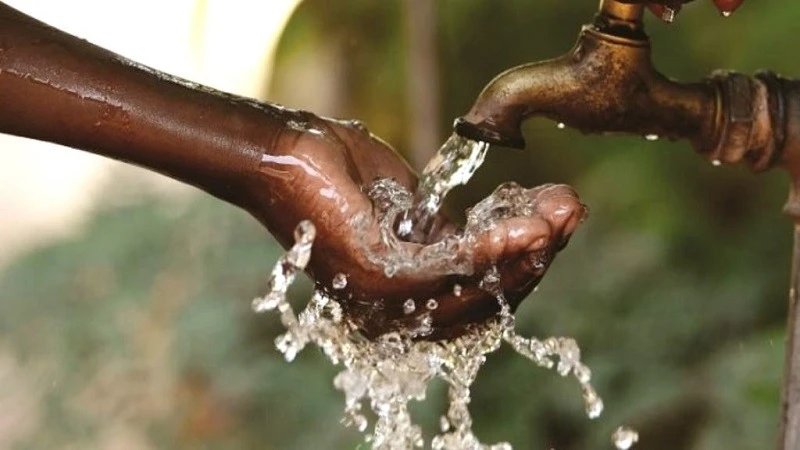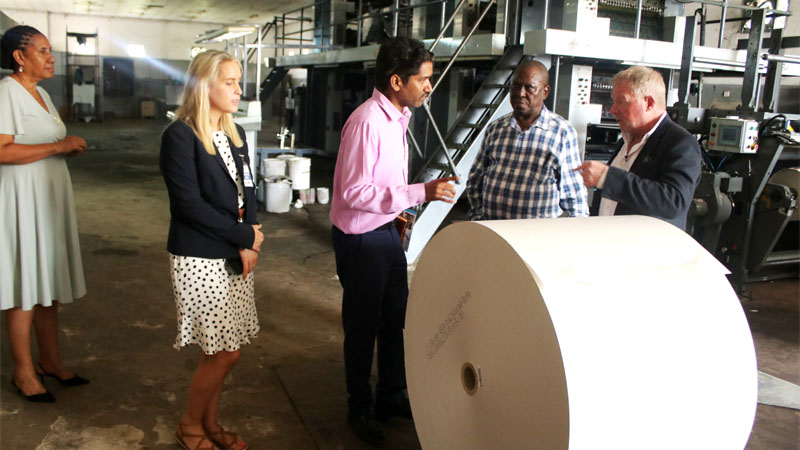Govt wins praise for reducing corporal punishment in schools

SAVE the Children International has commended the government for taking initiatives to minimize corporal punishment in schools through the issuance of guidelines but underscored that more measures still need to be done.
The organisation urges the government to take more efforts and come up with alternative punishments that will wisely change the behaviour of children and make them become more self-confident and trust those who teach them.
Speaking recently in Dar es Salaam during the launch of the Technical Working Group on ending corporal punishment in Tanzania Save the Children International-Tanzania’s Director Angela Kauleni said corporal punishment is not merely a disciplinary measure but a violation of human rights and an impediment to the holistic development of our children.
“At Save the Children International, we firmly believe that every child deserves a future. Our mission is to give children around the world a healthy start in life, the opportunity to learn, and protection from harm. Today, this Thematic Group marks a pivotal moment in our journey towards ensuring the protection and dignity of every child in our nation.”
Kauleni noted: “Today, we stand united with a clear and unwavering vision: to create a Tanzania where no child experiences the fear or pain of corporal punishment. This vision aligns with our national commitments to uphold children’s rights, as enshrined in the Convention on the Rights of the Child, which Tanzania proudly ratified.”
According to her, the formation of the technical working group was not just a formal gathering; it is a declaration of stakeholders’ collective efforts to foster an environment where every child can grow, learn, and thrive free from violence.
Research has consistently shown that corporal punishment has devastating long-term effects on children's physical and mental health, their ability to learn, and their overall well-being. It perpetuates a cycle of violence and stifles the growth of a peaceful and just society.
“By addressing this issue, we are investing in the future of Tanzania, ensuring that our children grow up in environments that nurture their potential and respect their inherent dignity,” she added.
Kauleni said: “We know this journey will not be easy. Changing long-standing attitudes and practices demands persistent effort, robust advocacy, and comprehensive education. It requires us to engage with communities, support and train parents and teachers, and ensure that non-violent forms of discipline are both understood and accessible.”
Top Headlines
© 2024 IPPMEDIA.COM. ALL RIGHTS RESERVED





















